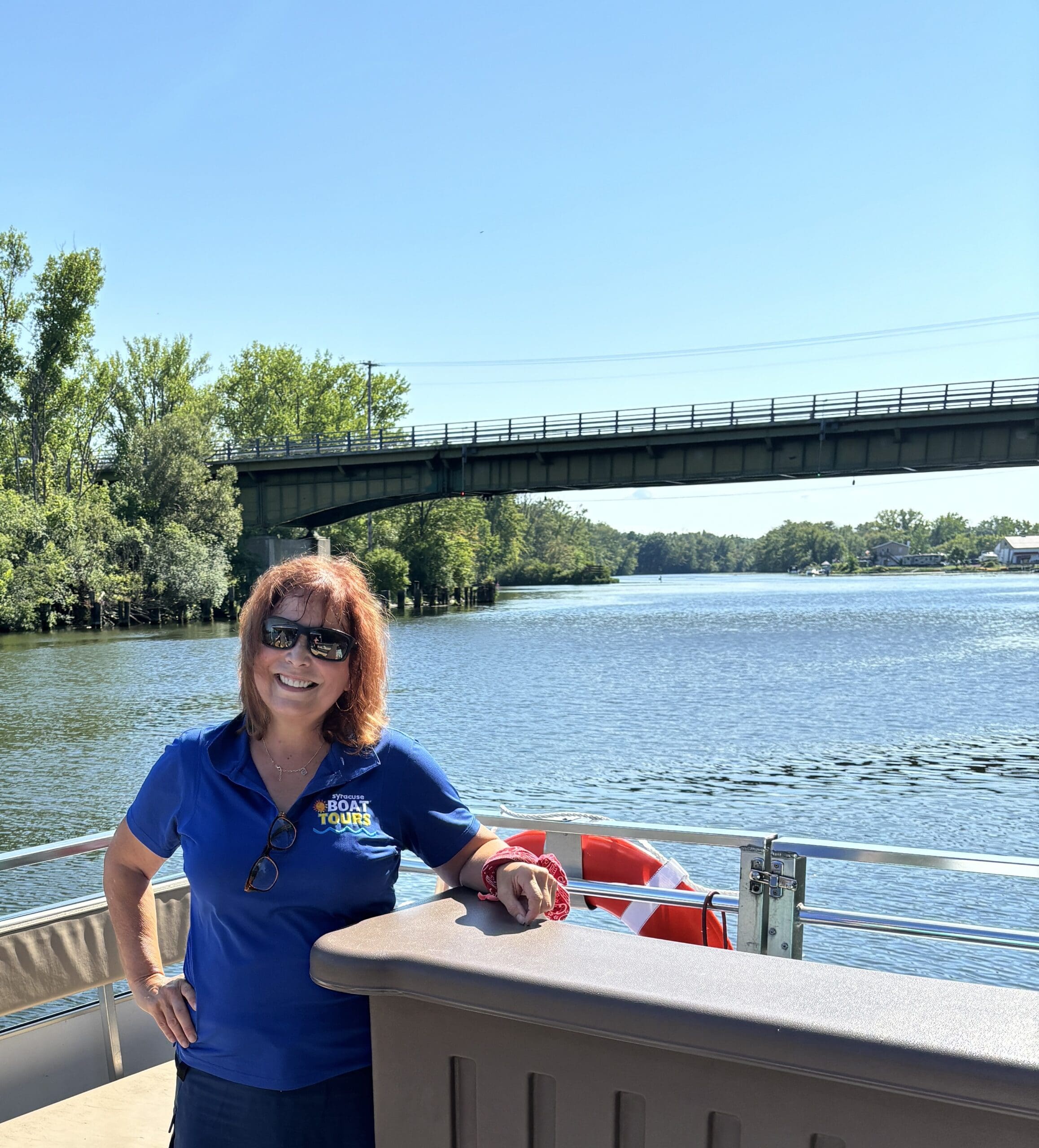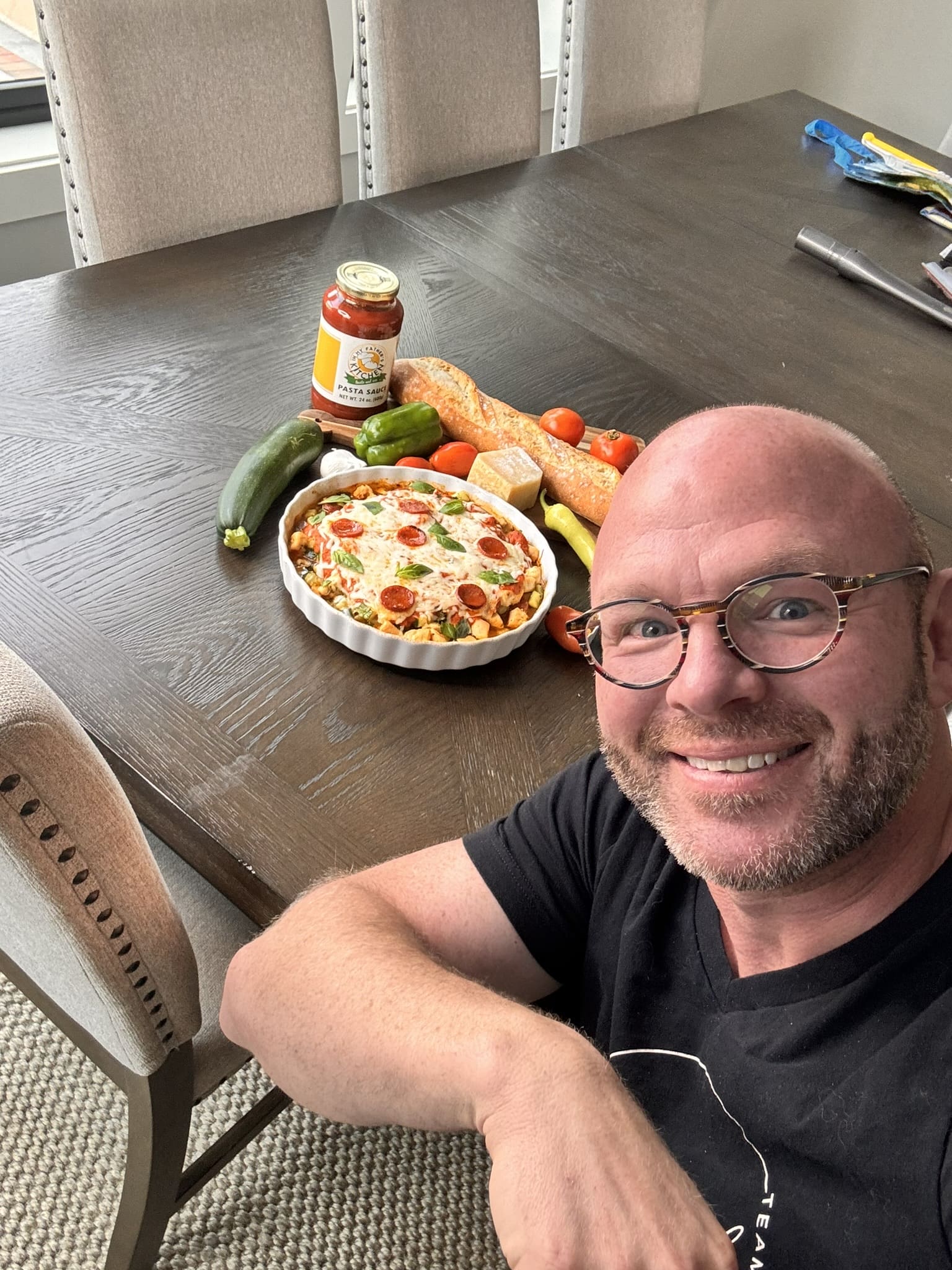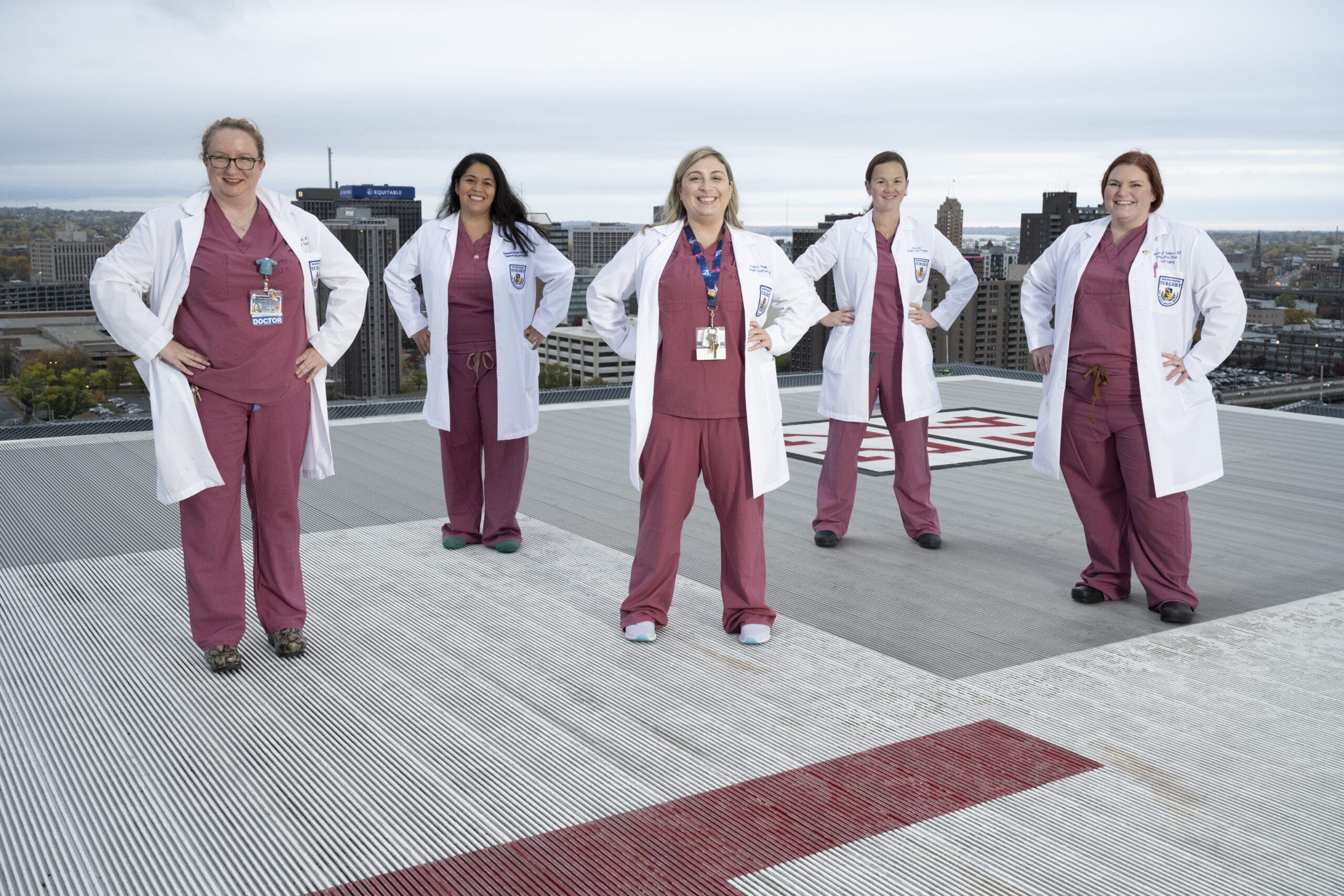Building Life House
Photography by Alexis Emm
Earlier this year, In My Father’s Kitchen founders John and Leigh-Ann Tumino announced the creation of Life House, a new project designed to serve as a home of rescue, transition and transformation for women once trapped in a life of sex trafficking. We chatted with John and Leigh-Ann to learn more.
SWM: Sex trafficking in Central New York isn’t typically on the forefront of people’s minds. How did you become aware of the issue?
Leigh-Ann: We’ve lived on the Northside for 20-some years. It’s a very highly populated area with a lot of prostitution, so we’ve seen it since we’ve been living over there. And we’ve just always had a heart to help these young women.
John: But didn’t know how.
Leigh-Ann: Having spoken to some of them, it’s amazing the lives they’ve had to live and the things they’ve gone through.
John: They get themselves put into these positions, because of a disfunction or a breakdown in their own mind, their own psychology of feeling like they don’t have self-worth. Or they get caught in drug addiction, and the next thing they know, they’re trapped.
Leigh-Ann: But in their own thinking, they’re not trapped. [They think,] “He loves me, he’s taking care of me.” You have to get into their head and turn their thinking around to look back at themselves and say, “Hey, I have value and worth.” So, we have always had a heart to do something with the women.
Then, last year in January, we got a phone call from a family who had a family member pass away, and they wanted to give us his house. And we were like, “There’s our answer!”
SWM: How do you break through that barrier with the women and help them begin to build their self-worth?
Leigh-Ann: We’re going to be working closely with Judge Limpert, who is the sex trafficking judge here in Syracuse. [When he’s working,] he comes down off the bench and takes his robe off. He sits at a table with them, and basically says, “What do you want to do?” [Life House] is a place for them to go while they’re working through the system.
John: We met with [Judge Limpert] and pitched our idea.
We have this house and we’d like to have a maximum of three women — two at a time, and one woman would be like a house mother. It would be to help women come to life and live life again. And our thing is just loving them and pampering them and showing them value and dignity.
Leigh-Ann: There is so much that comes off the street with them. A lot of them have PTSD. A lot of them are dealing with trying to get free of the hold that man had on them. It’s going to be an opportunity to be in a home and learn how to live again, learn to communicate again with other people, learn responsibility.
John: We’re not naive to the fact that the women who come to the house and go through this program have to want it for themselves. We can’t want it more than them. We’re not naive to the fact that there could be relapse.
Leigh-Ann: Being out on the street [with In My Father’s Kitchen] has trained us a little bit, to prepare us for this. Just like the cardboard sign — there’s a story behind the sign — every woman is going to be different. You’ve got to work with the individual, because everybody’s at different levels. Everybody has different needs.
John: We’ve learned relapse is part of recovery. So, sometimes, you might shoot yourself in the foot. One of the great things for us is the court is going to have oversight on this whole thing.
Leigh-Ann: Judge Limpert will have a background on the women. So, I feel more confident being able to work with him, rather than just jumping on the trail and being like, “OK, let’s do this!”
John: Now, what I want to do in the beginning of this year is go sit in the court a couple times and see how it happens, and how he actually does it — watch it live, and see what goes on. And he said to us one of the hardest things for [the women is] they don’t flip on the guys. They think that these men who are controlling them and using them really care about them.
Leigh-Ann: But I think if you give someone support and unconditional love, they see that, “Wow, I can be loved for who I am, not because of what I can bring them or what I can do for them.”
SWM: Do you think you’ll eventually expand to a second house?
John: To me, I’d rather [offer] quality than quantity. I’m sure [Vera House does] something in this realm, and we don’t want to duplicate services that are already out there. To me, if one person’s life is changed forever, it was worth it. It’s not about grinding out numbers.
Leigh-Ann: It’s not a program or an institution. It’s a home.
John: It might be a three-month stint for one person. It could be six months for another. Maybe they relapse and they go to jail. Who knows what’s going to happen.
Leigh-Ann: Ralph Waldo Emerson said, “Do not go where the path may lead. Go instead where there is no path and leave a trail.” So, that’s kind of what we’re doing. This is going to be very different, just like In My Father’s Kitchen was out-of-the-box and different. People were looking at us, going, “What? Why are you doing it that way? Everybody does it this way.” We’re just going to do it differently.
John: We’re following our heart. And, for us, following God is part of our life, and letting him make the path.
Leigh-Ann: [The women in Life House] won’t be required to read a Bible. They won’t be required to go to church.
John: But if they want it, it’s available.
Leigh-Ann: And just like our guys out on the street, once they get housed [in permanent housing after Life House], we stay with them. It’ll be the same with the ladies. We’re here to support you even beyond.
SWM: How can readers connect with you and help?
Leigh-Ann: We have an online volunteer application people can fill out. The difference for Life House is you have to be very careful who goes in there and volunteers, so the screening will be a little bit more than it is for In My Father’s Kitchen. And, just like out on the streets, you can’t have 20 people approach someone.
We’ll need women who want to build a relationship, be like a mentor and a helper, make friends with these women and be willing to support them past when they leave.
John: Maybe they could give their time and the talent, in regards to doing [residents’] nails and doing their hair and taking them shopping, being that sister or mother figure.
Leigh-Ann: Once we open, we’ll definitely know more.
John: Right now, we’re in fundraising mode. We need about $28,000. I think we have about $15,000 raised [as of January interview], so we’re still trying to fund the rest of the project. So, financial [support] is another way people can really help.
Leigh-Ann: That will always be a need. We have In My Father’s Kitchen, and now we’re adding another operational cost to it.
John: The women aren’t going to be paying to live there. Maybe they’ll have food stamps, so we’re trying to think of some things that they all chip in for.
We want to make sure that they’ve got dignity, quality, value. For us, it’s about building a relationship with people. You’ve got to get to know them. When they trust you, they’ll tell you their story.
If you open yourself up to helping people, it’s amazing where you’ll end up. We’re excited about what we’ll be doing next, because who knows what’s going to happen.
Leigh-Ann: What if this works and it expands beyond that? Then we’re going to need more volunteers. Right now, we’re just small. We’re a seed. And that’s OK. SWM
For more information and to get involved, visit inmyfatherskitchen.org.
This interview has been edited for length and clarity.










[…] Interested in more information about Life House check out this link: https://www.syracusewomanmag.com/2018/03/01/life-house/ […]